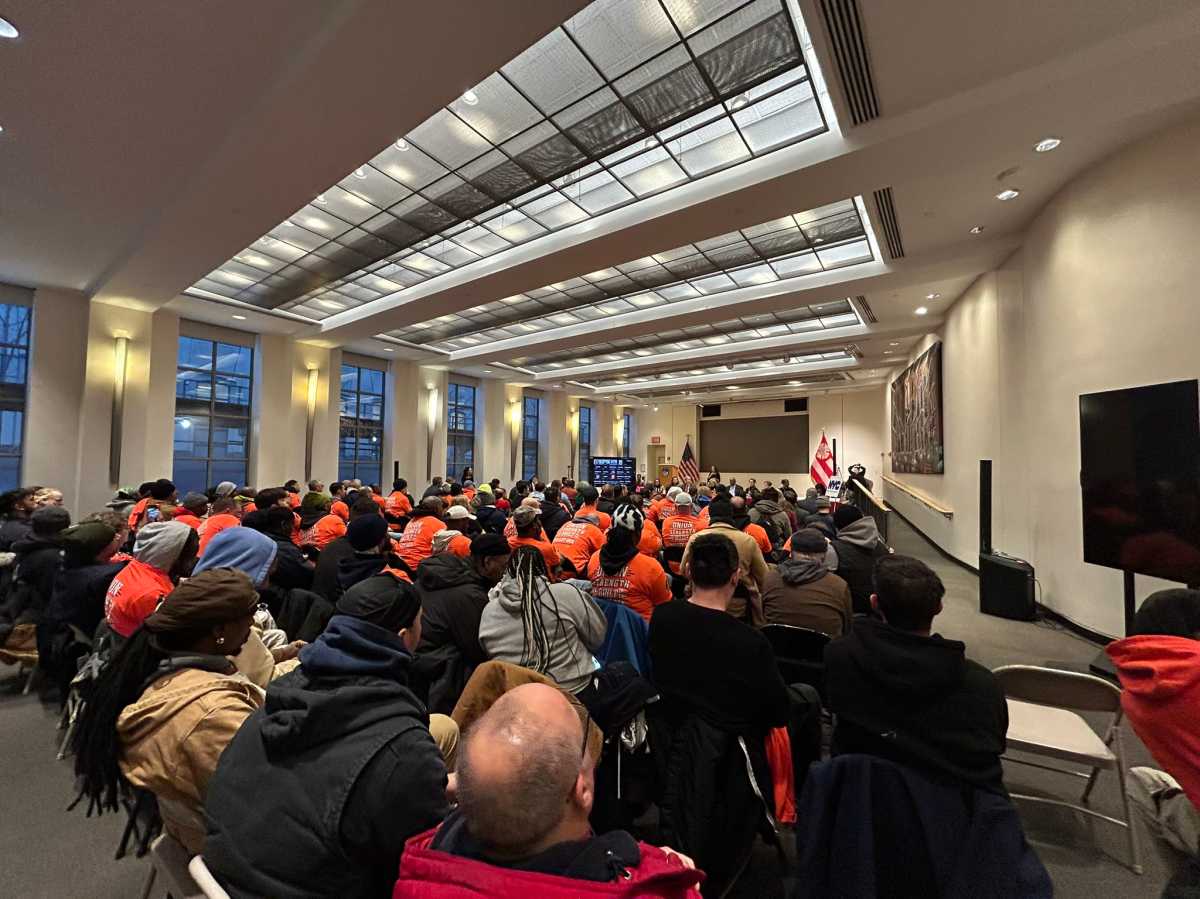NEW DELHI (Reuters) – India’s northern state of Haryana, where several automakers, component suppliers and big tech firms are based, faces an investment and development crisis from a new hiring rule to tackle high unemployment, lobby groups warned on Thursday.
The Federation of Indian Chambers of Commerce and Industry (FICCI) said the policy, which requires 75% of all low to mid-paying private sector jobs to go to locals, would spell disaster for Haryana’s “industrial development and private investment”.
The 10-year rule, applicable to jobs paying up to 50,000 rupees ($690) a month, came into effect this week in the state as it faces worsening unemployment as a result of the coronavirus crisis.
Haryana’s rule affects firms including India’s biggest carmaker Maruti Suzuki and business process outsourcing firms such as Genpact.
Apple, Facebook and Alphabet’s Google also have their corporate offices in the state, which is ruled by Indian Prime Minister Narendra Modi’s party.
“Investors and entrepreneurs need to source the best human resources available in (the) country to be competitive and successful,” FICCI President Uday Shankar, who formerly headed Disney’s India unit, said in a statement.
“To force them in such a regressive straight-jacket will force them to look beyond Haryana and this will ultimately hurt the interests of the state.”
The auto industry said it hired workers based on merit.
“Such a move would not only adversely impact the ‘ease of doing business’ in the state, but also be detrimental to Haryana’s image of an industry friendly destination,” said Deepak Jain, president of the Automotive Component Manufacturers Association of India.
The auto industry has invested over 400 billion rupees in the state, creates employment for 1 million people and accounts for more than 25% of its GDP, according to ACMA.
Nasscom, the tech lobby group whose member companies such as Tata Consultancy Services contribute roughly 8 percent to India’s GDP, said the state’s plan will harm the growth of Gurugram, a city in the state. Haryana borders Indian capital New Delhi and has over time become a hub for IT and BPO firms.
The growth of the tech sector depends on skilled talent and “such restrictions will be limiting for the industry,” Nasscom said, urging the state government to consult the industry.
The Haryana government did not comment, but directed Reuters to comments made by Haryana’s deputy premier Dushyant Chautala.
“Exemptions will be given if a specific skill set is not available in our state,” Chautala said on Wednesday, adding that some other states had already enacted such local hiring laws.
Haryana’s unemployment rate hit 26.4% in February, the highest in India and more than three times the national figure, data from the Centre for Monitoring Indian Economy showed.
Other states like Maharashtra and Madhya Pradesh have also moved to preserve jobs for locals as unemployment surged.
($1 = 72.6375 Indian rupees)
(Reporting by Sankalp Phartiyal and Aditi Shah; Editing by Alexander Smith, William Maclean)

























